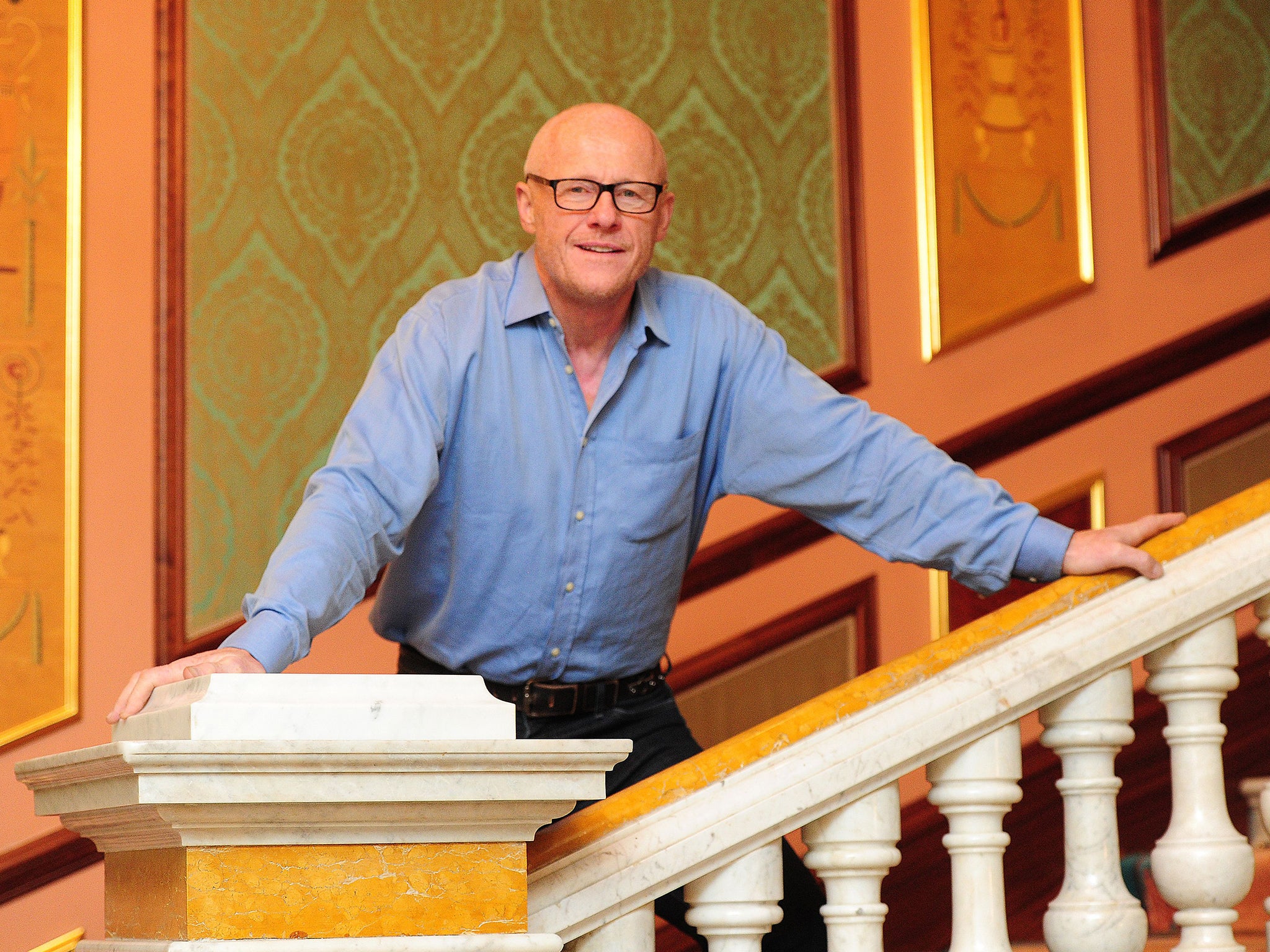As global inequality surges, it’s time to really start taxing the wealthy
With studies showing the richest have more and more of the money, we need to make sure they’re giving something back, writes James Moore


Labour had barely unveiled its tax plans, including the reintroduction of a 50 per cent top rate, and a new 45 per cent band, before the squealing was under way from people with no good reason to be doing so. That Jeremy Corbyn. He’s a bally commie I tell you, a commie! He hates us.
You could very easily file those who’ve been negatively opining on Labour and its leader (Mike Ashley, John Caudwell, law firms and accountants with wealth clienteles) under the heading “the usual suspects”. It’s rather a pity we haven’t heard more from the UK equivalent of America’s Patriotic Millionaires, a campaigning group including no less than Abigail Disney, which argues forcefully that wealthy people such as themselves should make a greater contribution. Are they out there?
But will even Labour’s tax plans push the envelope when it comes to the sharp growth in wealth inequality seen across the world?
The scale of the problem was recently highlighted by Gabriel Zucman, from the economics department at the University of California, Berkeley, in a review of global wealth inequality for the Annual Review of Economics. It won’t surprise you to learn that his most eye-catching numbers are from the US. The author of the research cites Forbes’ rankings, which show that the share of US national wealth owned by the top 0.00025 per cent of Americans (roughly the 400 richest) has been multiplied by a factor of four since the early 1980s.
For those interested in the UK, however, the Equality Trust has put out a similar wow number from this country. When the charity looked at our very own wealth bible, otherwise known as the Sunday Times Rich List, it found that this country’s top 1,000 increased their wealth by a staggering £47.8bn in just the past year alone. It might be worth bearing that in mind the next time those among their number complain.
Zucman’s study nonetheless shows that the increasing concentration of wealth in the UK (and France) has been more modest than in the US, Russia or China. Part of the reason for that has been the steep rise in house prices in those two countries, which has boosted the share of the middle classes when compared with that of the richest, who are more likely to own financial assets.
Whether that’s necessarily a good thing, given the plight of those not on the housing ladder, the young for example, is open to debate. Whichever way you look at it, and wherever you look, the wealthy have still done spectacularly well in recent decades. Zucman finds that in China, Europe and the United States combined, the share of the top 1 per cent of earners has increased from 28 per cent in 1980 to 33 per cent today, while the bottom 75 per cent’s share has hovered at around 10 per cent.
He also notes that those numbers may underestimate the scale of the problem. He says it’s getting increasingly hard to make accurate assessments of the holdings of the world’s plutocrats because of their propensity to stash their money offshore. British (and French) ones are particularly fond of doing this. Food for thought for all the political parties, which are going to need to find some way of paying for the spending promises they’ve made.
Corbyn has upset many wealthy people – but found favour among other Britons – by promising to tax income from wealth at a similar rate to income full stop, which means, for example, higher capital gains tax. This might, in theory, address an issue raised by Warren Buffett who once memorably criticised the fact that he paid a lower marginal rate of tax than his cleaner.
Zucman’s numbers could be said to make the case for going further still. The Equality Trust’s executive director Wanda Wyporska says it’s time to “shake the magic money tree” in a country where millions rely on food banks. Indeed it is.
The likes of Ashley and Caudwell might care to reflect on the fact that growing unhappiness about inequality in the UK helped to facilitate Corbyn’s rise.
Join our commenting forum
Join thought-provoking conversations, follow other Independent readers and see their replies
Comments